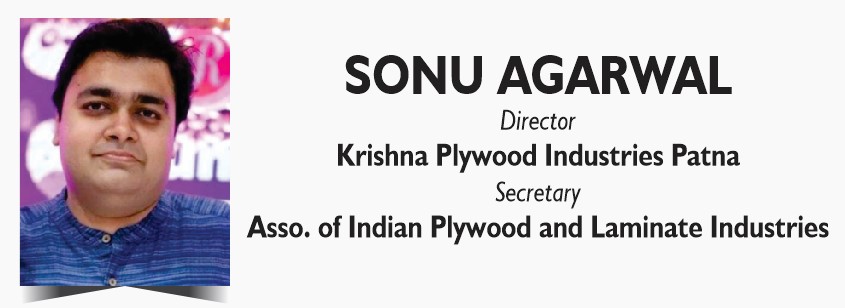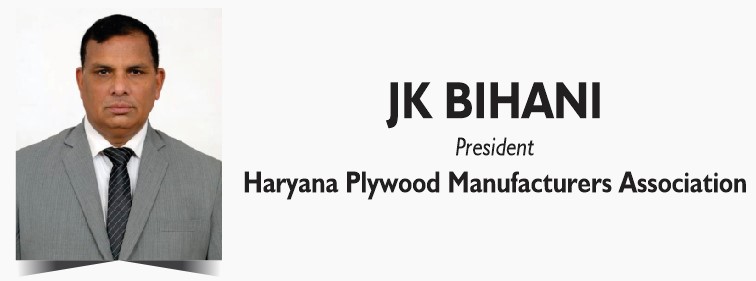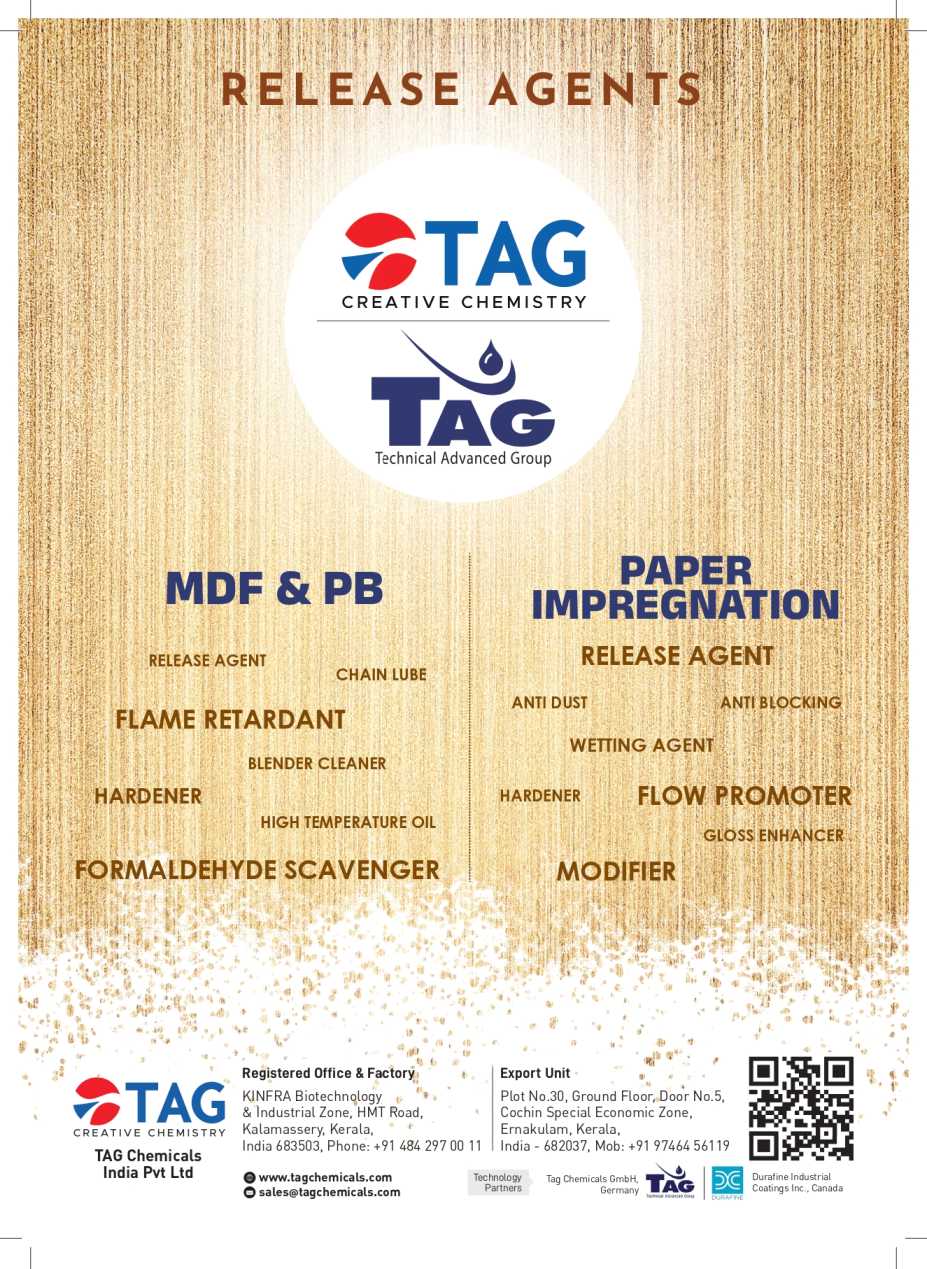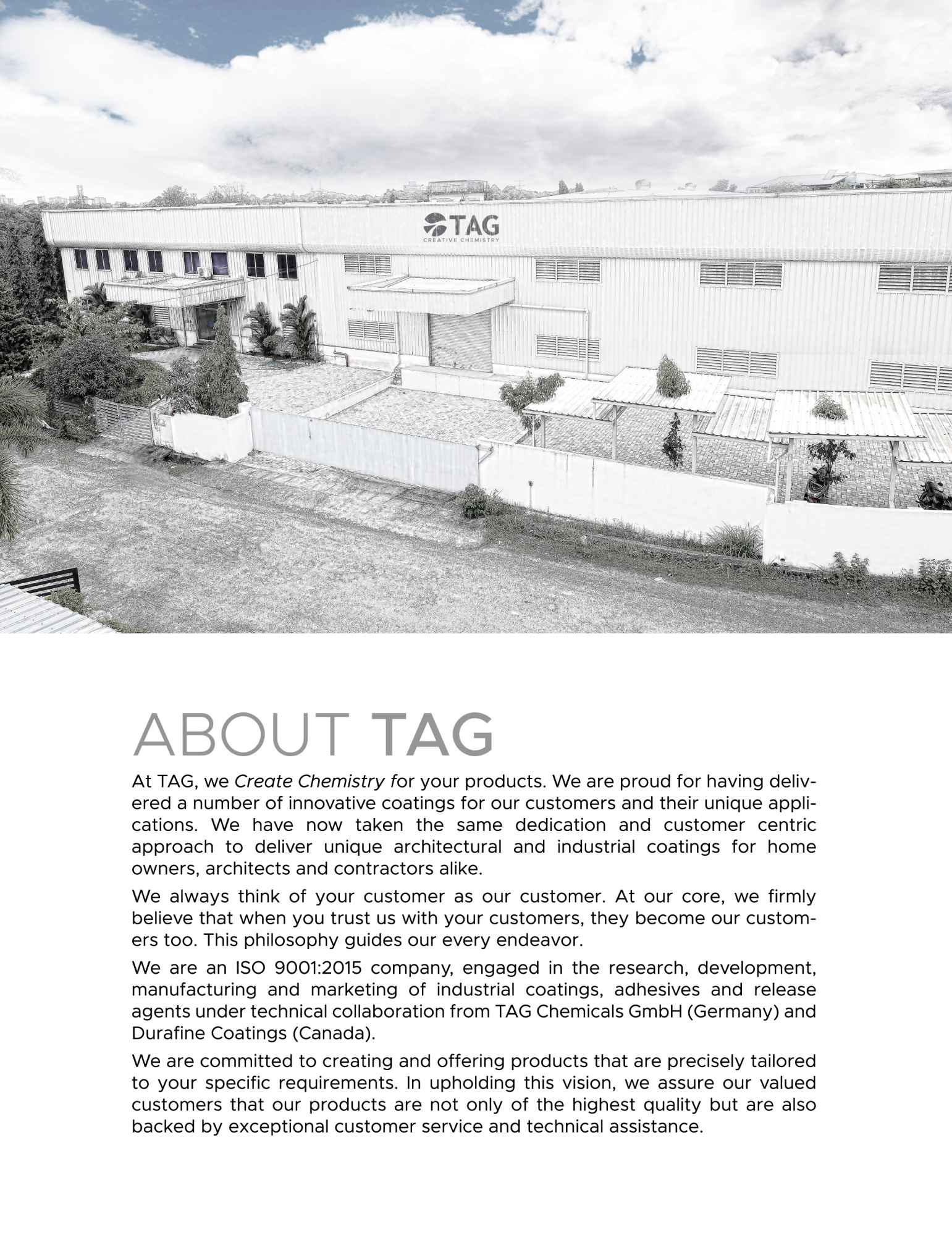
Misuse of ISI will be restricted after QCO
- January 9, 2025
- 0
- Why was there opposition to QCO in the plywood and panel industry?
ISI mark was not mandatory earlier, now it is going to be mandatory. Our compliance is going to increase, because of that, small and micro industries were against QCO.
- Have all the problems been resolved now? What changes are still required?
Plywood and panel industries have understood very well, that the main reason for the problems we were facing, factories were forced to close, was the supply of low quality goods from imports. Due to this, awareness has come now. BIS has also made a lot of changes in its norms and has made its norms according to the actual quality produced.
Some changes are still needed. As our subsidy on the portal for micro, small and medium, we do not get it directly. We have to apply for it. And secondly, there is still no solution to Stop Marking. If so many market samples are drawn, then naturally compliance will increase. Big industries are capable to monitor, but it is still difficult for small industries. Although BIS has given 3 to 6 months time to implement this QCO to small industries like micro and small. And if needed, it can possibly be extended further.
- Since when have you been familiar with BIS? What changes have you seen in it from then (start) till now?
Plywood and panel industry has BIS license for almost three decades. All the big and medium industries are used to BIS for the last two to three decades. And even the quality conscious manufacturers in small and micro industries have BIS license.
In the last few years, BIS marking has been broadly misused. People had put CML number of anyone or have put BIS mark without CML. Due to this misuse, some manufacturers lost their trust, and many of them surrendered their licenses. Moreover, The BIS also drew a lot of market samples and many licenses were also cancelled.
- How much do you agree with the changes made in the 303 standards and how helpful are they?
Now BWP has been included in 303, emission norms have also been included in it, so that our environment can also be protected. Earlier, boiling waterproof was misused a lot in the name of 710, which is still happening to some extent. But after the introduction of QCO, when it will be included in 303, its misuse will reduce to a great extent.
All the changes made in the norms have been done consulting the industry. If there will be a need for any other change in the norms, we will pursue the issues with BIS. We are satisfied to a great extent with whatever amendments have been made.
There is still a need for some changes in the system, such as, about the large number of market samples drawn or the problems of stop marking due to that.
- Do you think that QCO will be implemented on the stipulated date?
Last year also, we have not expected that QCO will be extended, but then this industry was not united. Awareness was very low in small scale industries. But in this one year awareness has come and people have understood how important it is to implement QCO in the industry for quality production. The Government of India has brought the QCO to stop the import of substandard products. But still the final decision is in the hands of the Government of India. Whether they implement it on the stipulated time or give an extension of six months or one year.
- If QCO is not implemented on the stipulated date, what problems can the industry have to face?
In the last one year, hundreds of domestic industries have closed down and thousands of our labourers have become unemployed. If this QCO gets extended again, the same thing will be repeated. Hundreds of factories will close again, thousands and lakhs of our labourers will again become unemployed, and low quality goods will be imported to India. Consumers will be cheated, factories will also be cheated. Therefore, the Indian government is requested to implement QCO on the stipulated date.
👇 Please Note 👇
Thank you for reading our article!
If you don’t received industries updates, News & our daily articles
please Whatsapp your Wapp No. or V Card on 8278298592, your number will be added in our broadcasting list.



































































